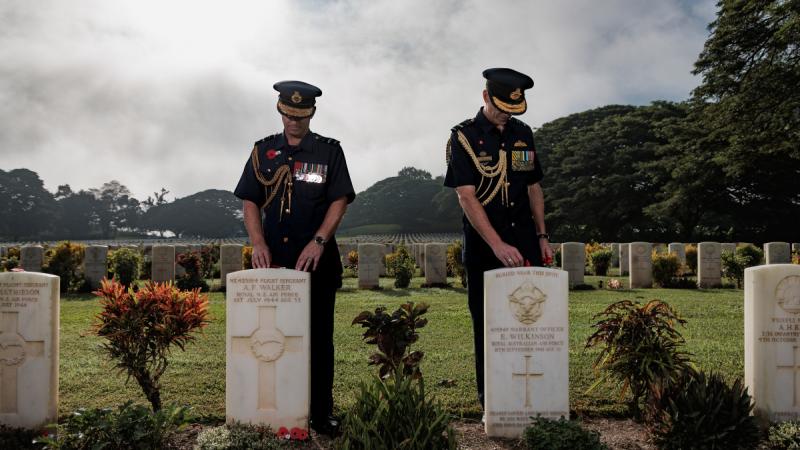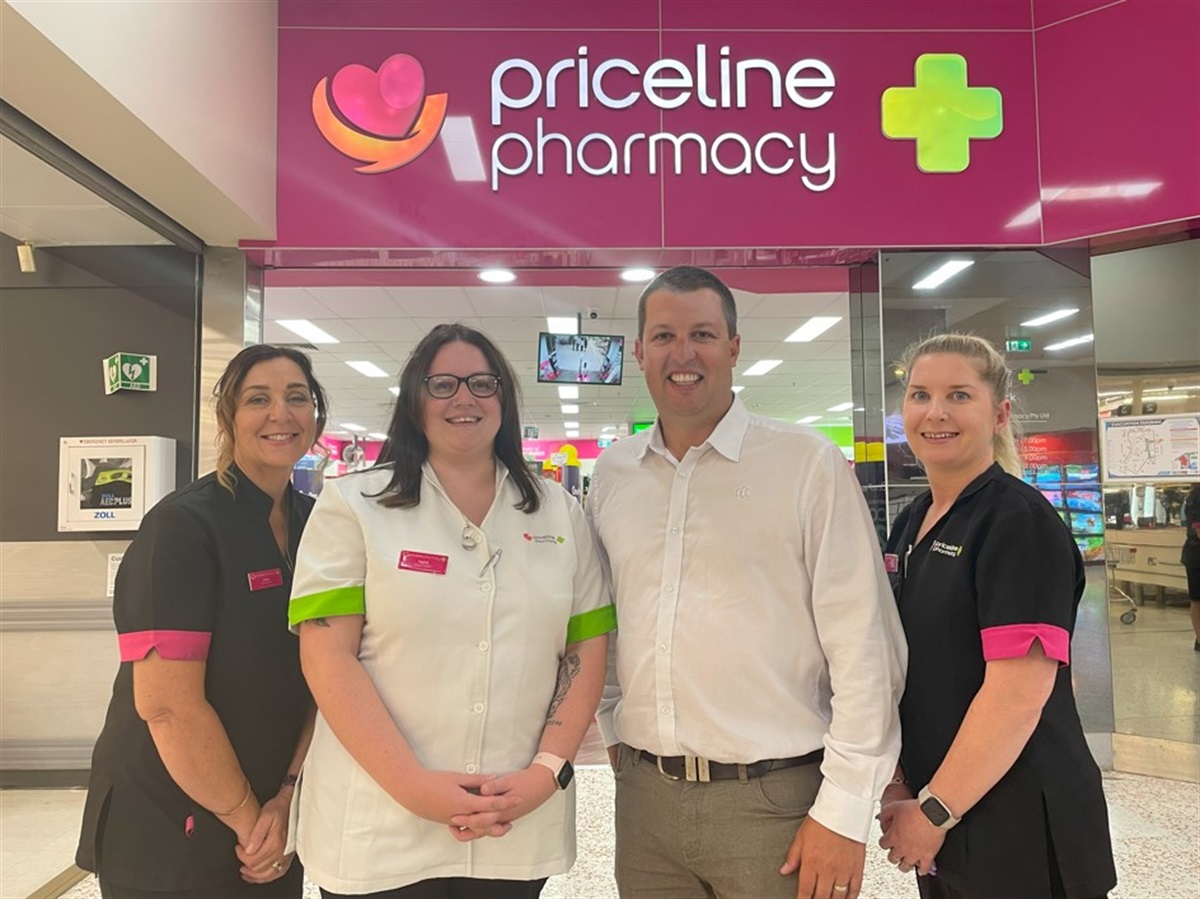Sarah Russell knew something was gravely wrong with one of her twins, five-year-old Jaxon, when he became seriously ill with vomiting, nausea and unusual bruising, while his brother, Hunter, remained well.
“Normally they get sick together,” Sarah said. “Jaxon was very tired, not eating and had a really nasty cough. An x-ray showed he had a mass on his chest, which is one of the symptoms of leukaemia.”
Jaxon was diagnosed in October 2019 with Acute Lymphoblastic Leukaemia (ALL). However, molecular analysis showed he had a rare mutation in his cancer that, although indicating he had a serious form of ALL, would respond best to a specific chemotherapy drug. He began an intense, nine-month regime of this drug and was considered cancer-free after one month. Despite this, Jaxon will need to continue treatment for two-and-a-half years to ensure the cancer doesn’t return.
It’s patients like Jaxon who could potentially benefit from the targeted molecular approach of the Hudson Monash Paediatric Precision Medicine Program. A biobank of childhood cancer samples has been established and a range of precision medicine approaches is used to trial and develop targeted treatments for individual patients, giving them the best chance of survival and quality of life.
“Many years ago, Jaxon might not have had the chance that he has today to overcome this cancer,” said Sarah, who is looking forward to the day her son can run around again and start school.
The Hudson Monash Paediatric Precision Medicine Program hopes to significantly improve treatment, survival rates and quality of life for childhood cancer patients.
With generous funding from the Children’s Cancer Foundation since 2017, Hudson Institute scientists established a living biobank of paediatric cancers to trial and develop targeted treatments. The initiative includes a functional genomic program and uses individual patients’ cancer cells to identify new targeted therapies.
The program is expanding patient recruitment to about 150 children over the next three years, while enabling cutting-edge molecular analyses for each child’s cancer, utilising a paediatric cancer molecular tumour board to translate findings into clinical application. The Children’s Cancer Foundation committed an additional $4.968 million in 2018 for Phase II of the program.







